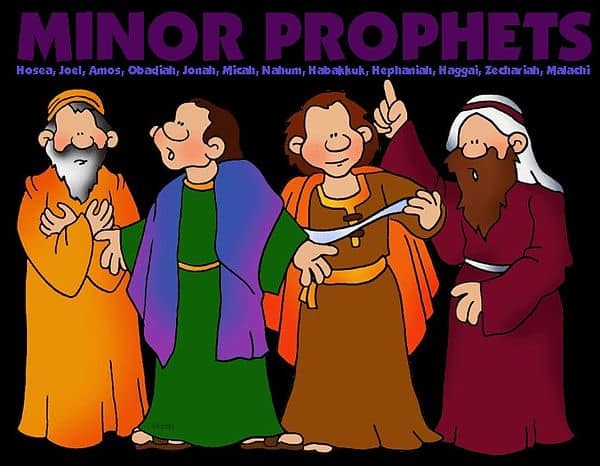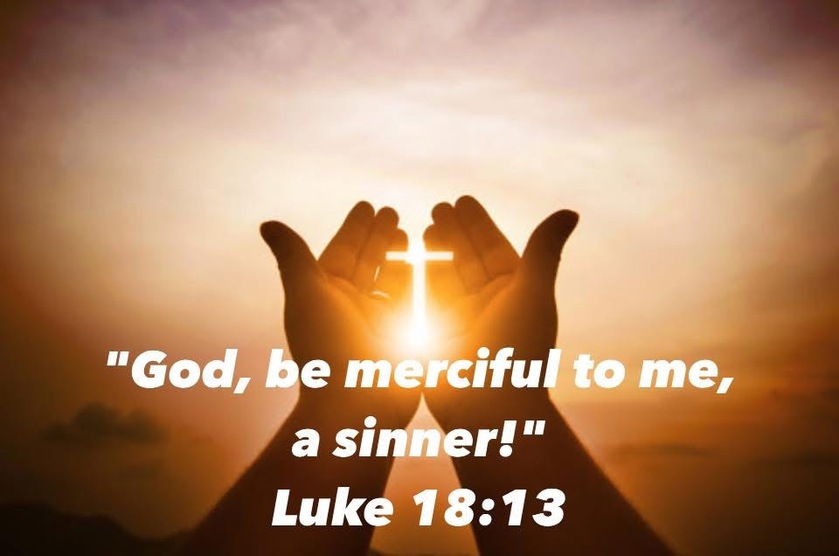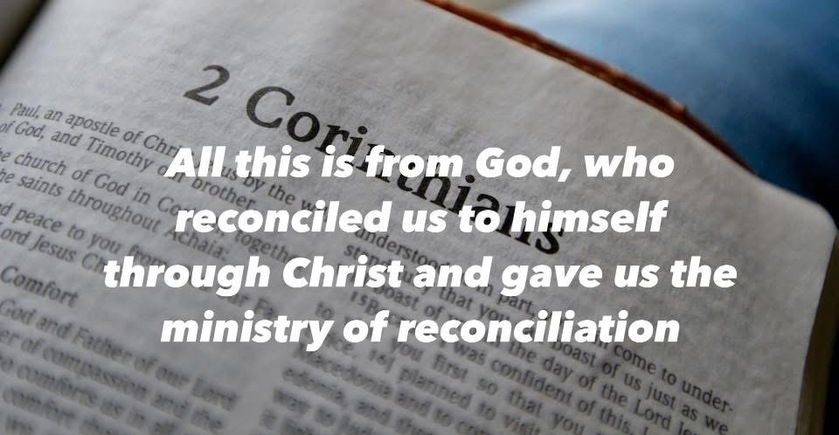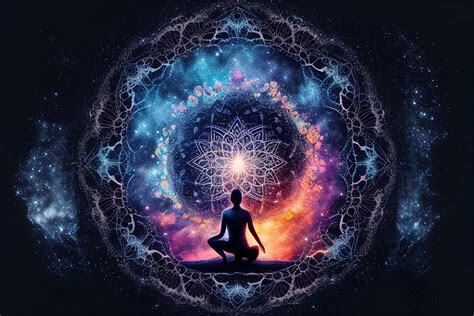Malachi 3:5 “At that time I will put you on trial. I am eager to witness against all sorcerers and adulterers and liars. I will speak against those who cheat employees of their wages, who oppress widows and orphans, or who deprive the foreigners living among you of justice, for these people do not fear me,” says the Lord of Heaven’s Angel Armies."
Malachi 4:2
“But for you who fear my name, the Sun of Righteousness will rise with healing in his wings."
There is absolutely a distinction between the evil doers and the righteous ones in Christ. But one thing they both have in common is they have God's attention, and God is coming for both of them. For one group of people they'll meet God the healer, the righteous shepherd. And for the others, they'll see the fierce and all-consuming power of the God of Angel Armies. Both groups also have this in common. They'll both see the inevitable consequences of a just God upholding His moral and natural law. Both are refined by fire. The wicked are completely consumed in his furnace, and the righteous will shine bright like precious gold, like a blazing Sun.
This brings us to the end of the Old Testament prophets. More specifically, Malachi is the last of the twelve "minor" prophets, which in Hebrew tradition has always been thought of as one comprehensive book, the book of the twelve. Malachi is the bridge between the Old Testament and Judaism going forward into the modern New Testament age.
The “Twelve Prophets” symbolizes completeness in the Hebrew tradition. They are together a unified message of repentance and redemption. They all share the message of a God who is mighty and merciful. And each drives home the message that a person’s behavior and intentions (their heart) reveals the condition of their love and fear of The Lord. Together the twelve prophets call Israel to be a light unto the gentiles by obeying God's commands, following the instructions of the Messiah, and loving God as he has loved them.
The twelve looked forward with anticipation to the Messiah’s arrival, and meanwhile Christians look back on it for the prophetic evidence of our Lord Jesus.
Our Lord Jesus taught us to find him in the law and the prophets. Jesus taught us that the New Testament affirms, that the book of the twelve testifies to Jesus’ birth (Micah 5:2; Matthew 2:1), his earthly public ministry (Zechariah 9:9; Matthew 21:5), his death and resurrection (Zechariah 12:10; John 19:34–27; Jonah 2:10; Matthew 12:39–41), and on the road to Emmaus Jesus outright told us that the Old Testament prophets testified about Him (Luke 18:31; 24:44–47).
And so, the minor prophets major on teaching us about the Messiah and demonstrating that God is always at work in the world. That he is existential and integral to all human communities. That he is always ready to bring mercy and the best of things for his people, if they would love Him and keep his covenant. The prophet's comprehensive theme is that spirituality, and worship, is only acceptable to God when it is genuine in its intent and accompanied by socioeconomic and cultural justice. The prophets are unified in this common theme, that God does not recognize a division between the work of worship and the work of one's daily life. Holiness is expected in every fiber of our being. Every human being, no matter your station or profession, is called to work in cooperation with God and His community of faith. Each of his children must work for the peace and wellbeing of each other and understand that God intends that our worship is our work in the service of others and that work forms the basis of our true worship.
These "minor" prophets together now point us forward into the unified message of the gospels and the New Testament message of the Messiah. I'm looking forward to digging deep into those messages. I hope you'll join me.
God bless you all and I'll see you there.




















